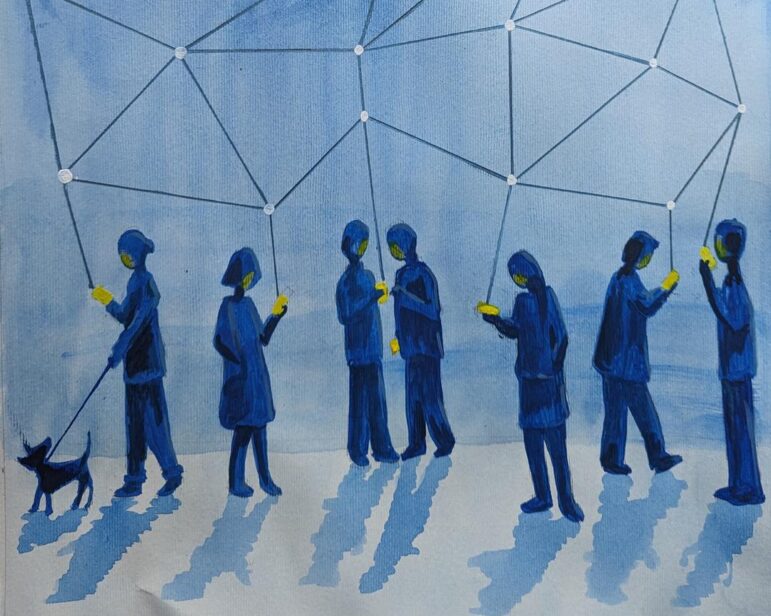
Teaching & Training
8 Most Common Cybersecurity Mistakes Journalists Should Avoid
Luis Assardo, a digital security trainer and investigative data journalist, gives tips on how journalists can keep their information and devices secure.

Luis Assardo, a digital security trainer and investigative data journalist, gives tips on how journalists can keep their information and devices secure.

The director of Citizen Lab warns that spyware and a “general descent into authoritarianism” have created a perfect storm for democratic institutions.

The Internet of Things can pose many threats to journalists — at home, in the office, and in the field. To help us understand them, a cybersecurity researcher examines these threats across several categories along with real-world examples.

Intrepid journalists are still conducting investigations on countries within the Arab Gulf region, but due to political repression and other press freedom issues, they’ve had to report from afar or build and operate their independent media sites while in exile.
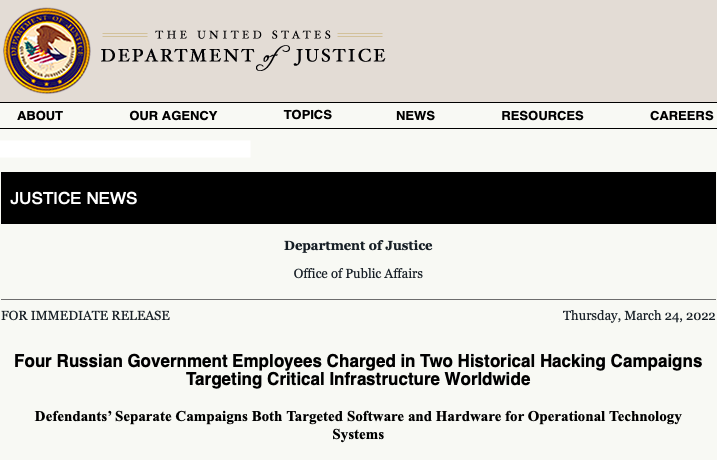
The US Department of Justice unsealed two federal indictments charging government employees of Russia’s Ministry of Defense and Federal Security Service with hacking campaigns that infiltrated the global energy sector, including a US nuclear power plant.
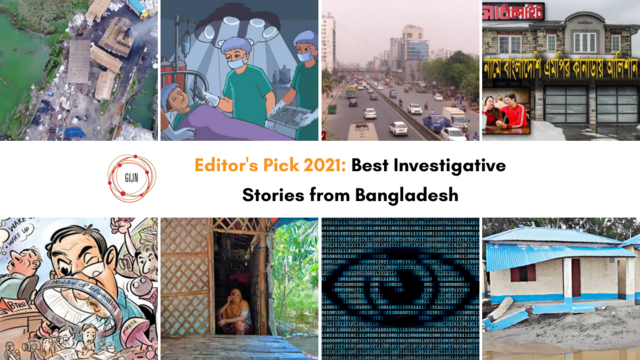
Over the last 12 months investigative journalists in Bangladesh uncovered cases of corruption, abuse of power, money laundering, and institutional negligence. The biggest topic last year, as in previous years, was corruption. But in picking the top stories of 2021, we also considered significance and novelty, the diversity of issues covered, impact, and a focus on the vulnerable and marginalized sectors of society as much as the depth and techniques used in any investigation.
Cybercrime is any criminal activity perpetrated in a digital realm. While we often think of cybercrime as defined by “hacking,” there are many other types of crimes that are part of this world, and everything from trafficking in child pornography, to withdrawing illicit funds, to the theft of source code, falls into the category of “cyber” crimes.
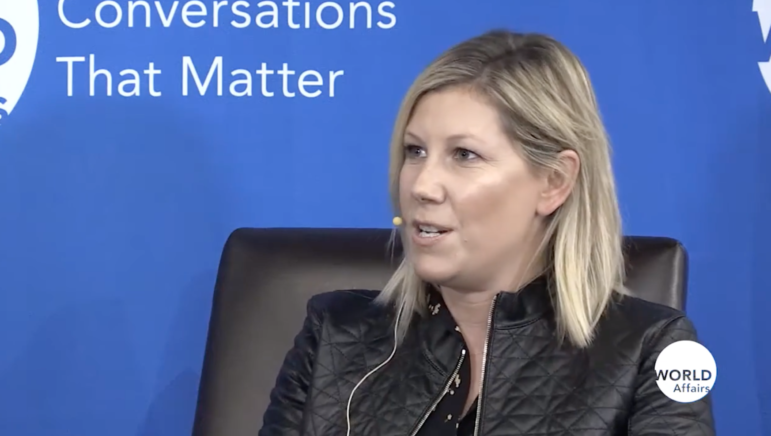
In this Q&A, New York Times cybersecurity reporter Nicole Perlroth details the little-understood threat posed by zero-day exploits — hacking capabilities that leverage mistakes in the code populating phones and computers around the world.
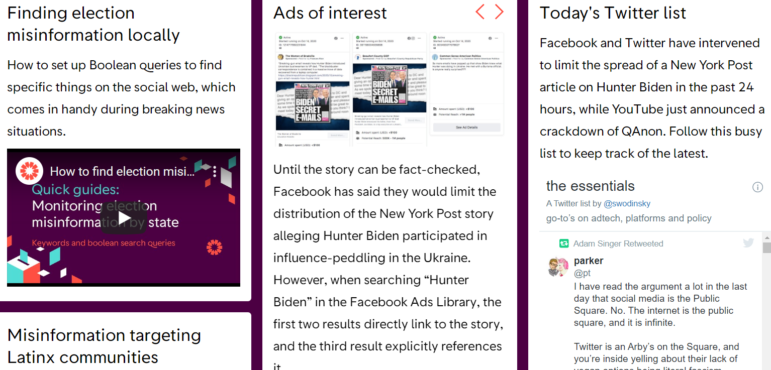
In week five of GIJN’s project to arm US reporters with tools for the toughest election stories, #gijnElectionWatchdog shared a tool to spot Twitter bots, a live dashboard to combat the hottest election disinformation efforts as they arise, a free cybersecurity toolkit for reporters, and tips for finding hard-to-access election sources.
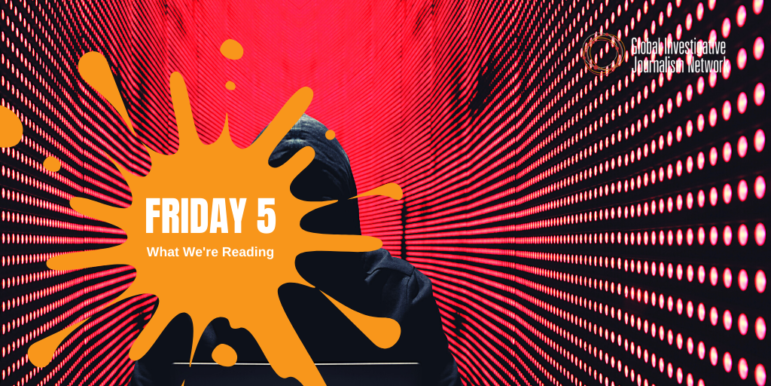
This week’s Friday 5, where we round up our favorite reads from around the online world in English, includes a report from The Guardian and GIJN member Forbidden Stories about a Moroccan journalist targeted by Pegasus spyware, five books on cybersecurity that you should be reading, and, in the midst of the global Black Lives Matter movement, AP Stylebook’s decision to capitalize Black.